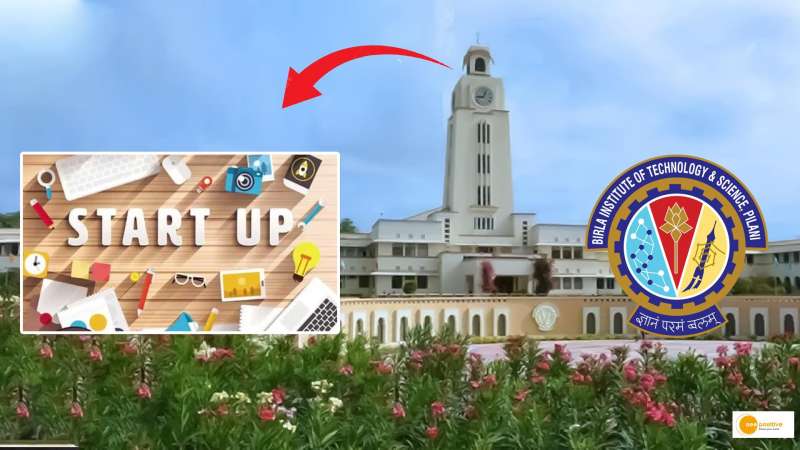

As part of the premier university’s new policy to promote innovation and start-ups, students and faculty at the Birla Institute of Technology and Science (BITS) Pilani will now be able to take up to a year off to join a business or establish a start-up.
The deemed university in Rajasthan will also allow students to earn course credits for working on innovative prototypes or business models. If such students win prizes at the state or national levels, they will be eligible for up to 2% grace marks in that semester as an incentive to instil entrepreneurship. They can also opt for start-up in place of their mini or major project, seminars or summer trainings, according to the draft policy document titled “Innovation and Startup Policy 2022”, which BITS Pilani circulated to its alumni network and shared with the Ministry of Education.
The institute will also provide accommodation within its campuses at a subsidised cost for budding entrepreneurs.
Students and faculty to establish their startups
According to the policy, students can establish a start-up independently or collaboratively with faculty, and those who show promise can receive pre-incubation support as well as assistance in incorporating the start-up and seeking seed funding.
Faculty members can also participate in start-ups on a full-time basis by taking a sabbatical, extraordinary leave, or earned leave for a maximum of one year in exchange for monetary compensation or by acquiring shares in the enterprise. They will also have the option of participating on a part-time basis or solely through capital investment in exchange for shares, in which case they will not provide any mentorship or assume any managerial responsibilities. Non-teaching staff are also permitted to be involved in start-ups, but only through capital investment with no other managerial, technical or mentorship role.
BITS alumni already have a dozen unicorns to their names, and the policy aims to add to that number. In addition to raising funds from government sources such as the Department of Science and Technology, the Technology Development Board, and the All-India Council for Technical Education, the institute will set aside 1% of its total annual budget as an ‘Innovation Fund.’ It also intends to approach the private and corporate sectors in order to raise funds for Corporate Social Responsibility (CSR).


